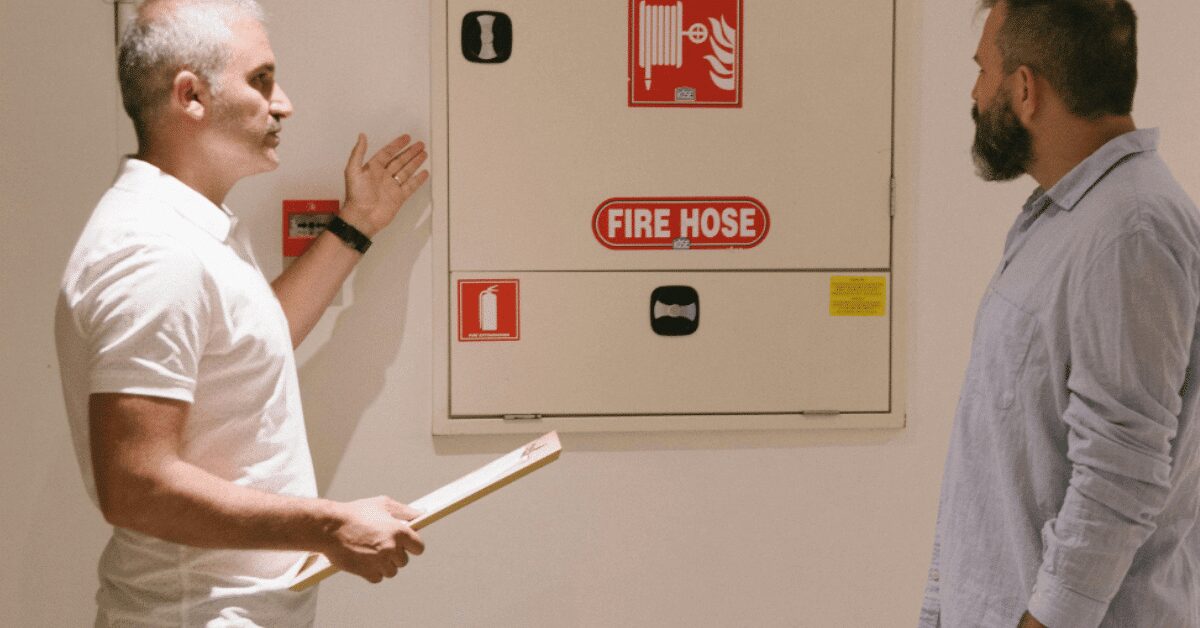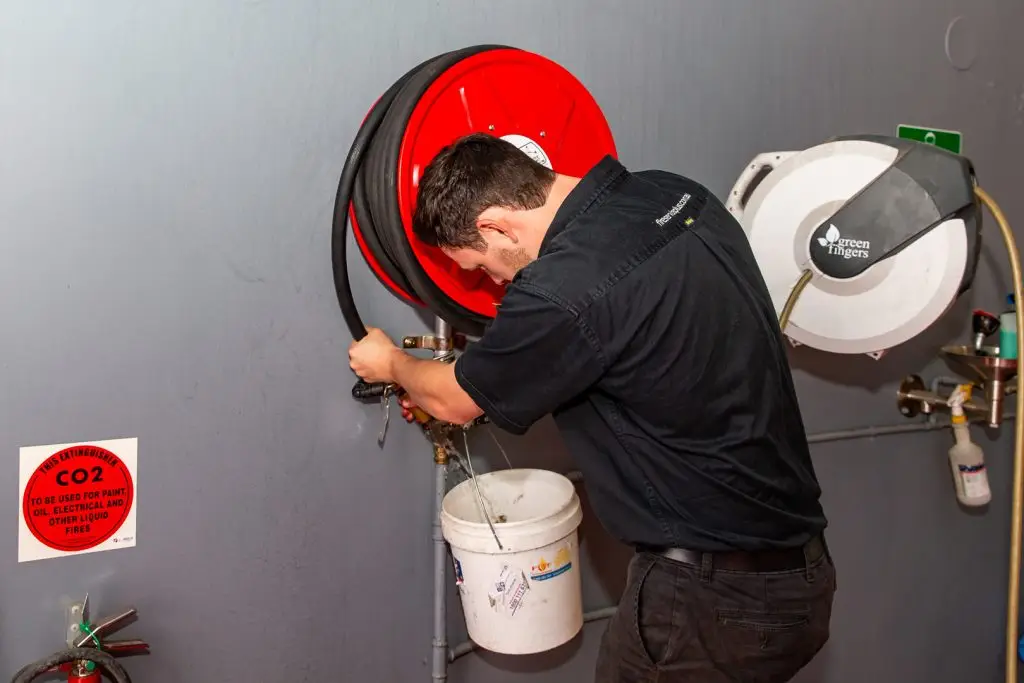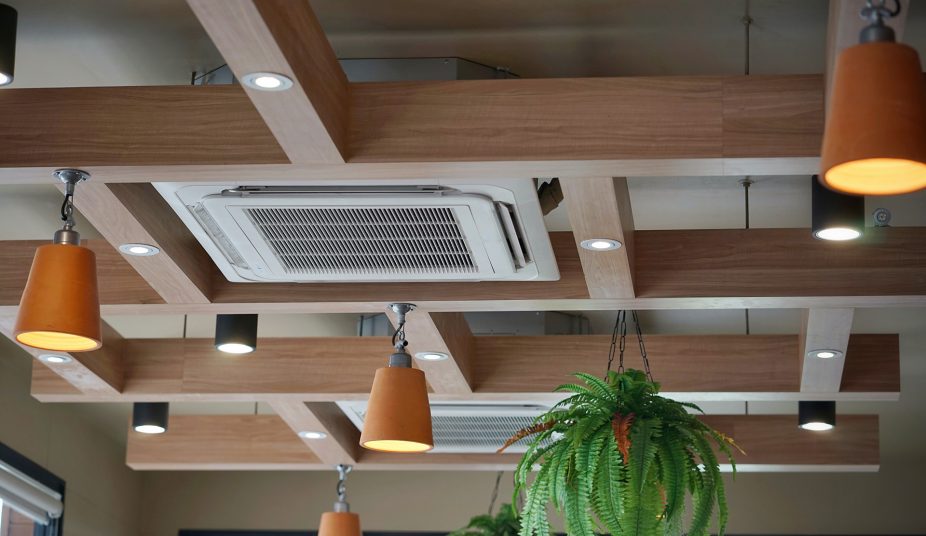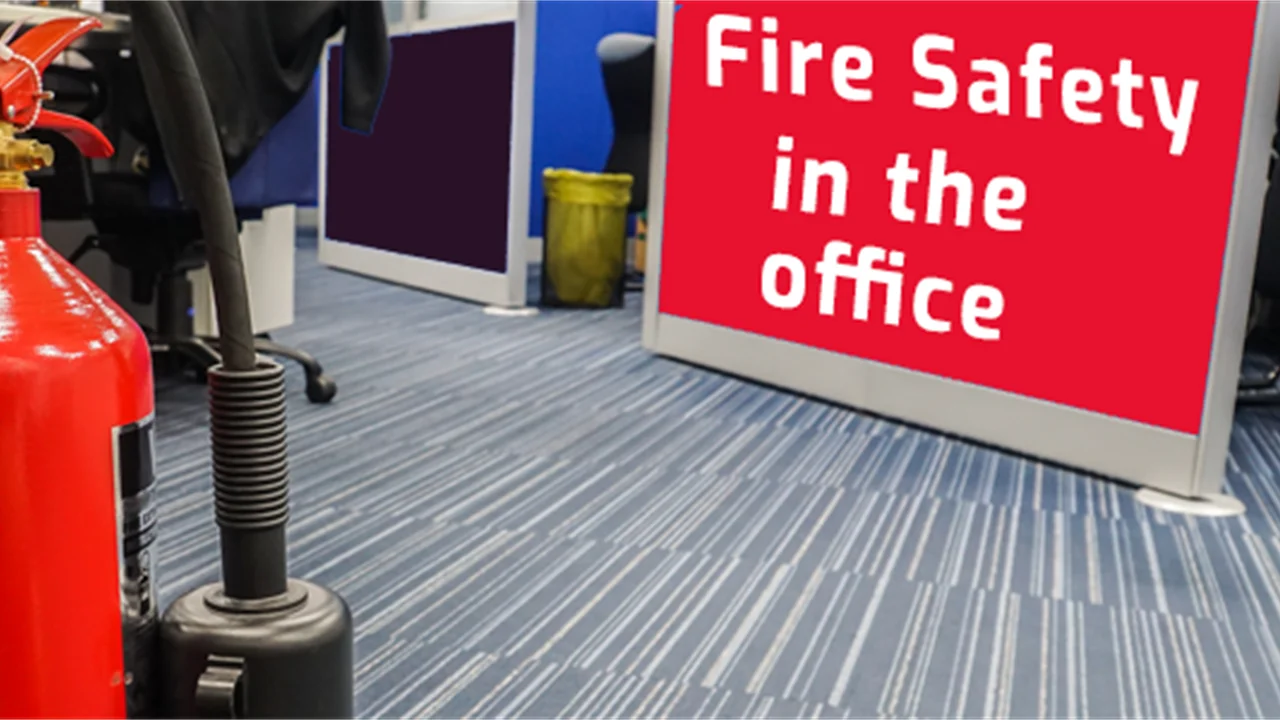
Common Fire Hazards in the Office You Might Be Overlooking
When we think about fire hazards, we often imagine industrial settings or kitchens – not office spaces. But in reality, the modern workplace is home to a surprising number of potential fire risks, many of which are easy to overlook. From overused power boards to forgotten kitchen appliances, small hazards can add up to big dangers. Ensuring your workplace is fire-safe starts with awareness – and a few simple precautions.
Whether you’re in charge of workplace safety or just want peace of mind at your desk, here are some of the most common – and commonly missed – fire hazards in office environments.
Overloaded Power Boards and Extension Cords

With laptops, monitors, chargers, desk lamps, and fans all jostling for outlet space, it’s easy to overload a single power board. Unfortunately, this is a major fire risk. Daisy-chaining extension cords (plugging one into another) or using boards that lack surge protection only increases the danger. Ensure all staff are trained on safe use of electrical devices, and encourage regular checks to prevent hidden overloads.
Poorly Maintained Electrical Equipment
Frayed cables, faulty appliances, and outdated equipment can all contribute to electrical fires. While a flickering monitor or sparking microwave in the office kitchen might seem harmless, ignoring these signs is a gamble. Scheduling regular test and tag inspections and replacing old equipment is a simple but vital step in reducing risk.
Blocked or Misused Fire Safety Equipment

Fire extinguishers and fire hose reels are essential tools in the event of a fire – but only if they’re accessible and in working condition. It’s not uncommon to see these life-saving devices partially blocked by furniture or boxes in busy workplaces. Conduct routine inspections to ensure nothing is impeding access and that the equipment is serviced and compliant.
Unattended Appliances in Office Kitchens
Microwaves, toasters, kettles – they’re staples of the office break room. But when left running unattended, these common appliances can quickly become a fire risk. Crumbs in a toaster or an overheating microwave with metal inside can spark more than just lunchroom arguments. Appoint a kitchen monitor or establish clear policies about use and cleanliness to stay safe.
Paper Clutter and Combustible Storage
Paperwork might be part of office life, but piles of documents, old magazines, and cardboard boxes are highly flammable. Combine that with nearby heat sources, such as computers or portable heaters, and it’s a recipe for disaster. Regularly declutter, store paper in appropriate areas, and never leave combustible items near electrical equipment.
Neglected HVAC Systems

Dust build-up in vents, poorly maintained air conditioning units, or malfunctioning heaters can pose a hidden risk. These systems can overheat or short-circuit, especially during peak seasonal use. Regular servicing by a qualified technician keeps them operating efficiently and safely.
Human Error and Complacency
Sometimes, the biggest hazard in the office is simply forgetfulness. Burning candles at desks, covering heaters with clothing, or forgetting to switch off appliances at the end of the day are common slip-ups that can lead to serious consequences. Encourage a culture of vigilance and empower staff to speak up when something looks unsafe.
Fire safety in the office isn’t just about compliance – it’s about protecting people, property, and productivity

While many workplaces have basic safety measures in place, it’s easy to become complacent. Regular audits, proper training, and accessible equipment like extinguishers and fire hose reels can make all the difference in an emergency. By addressing these overlooked hazards, you’re not only keeping your team safe – you’re also promoting a culture of responsibility and care. Don’t wait for a close call to take action… start assessing your office today.
